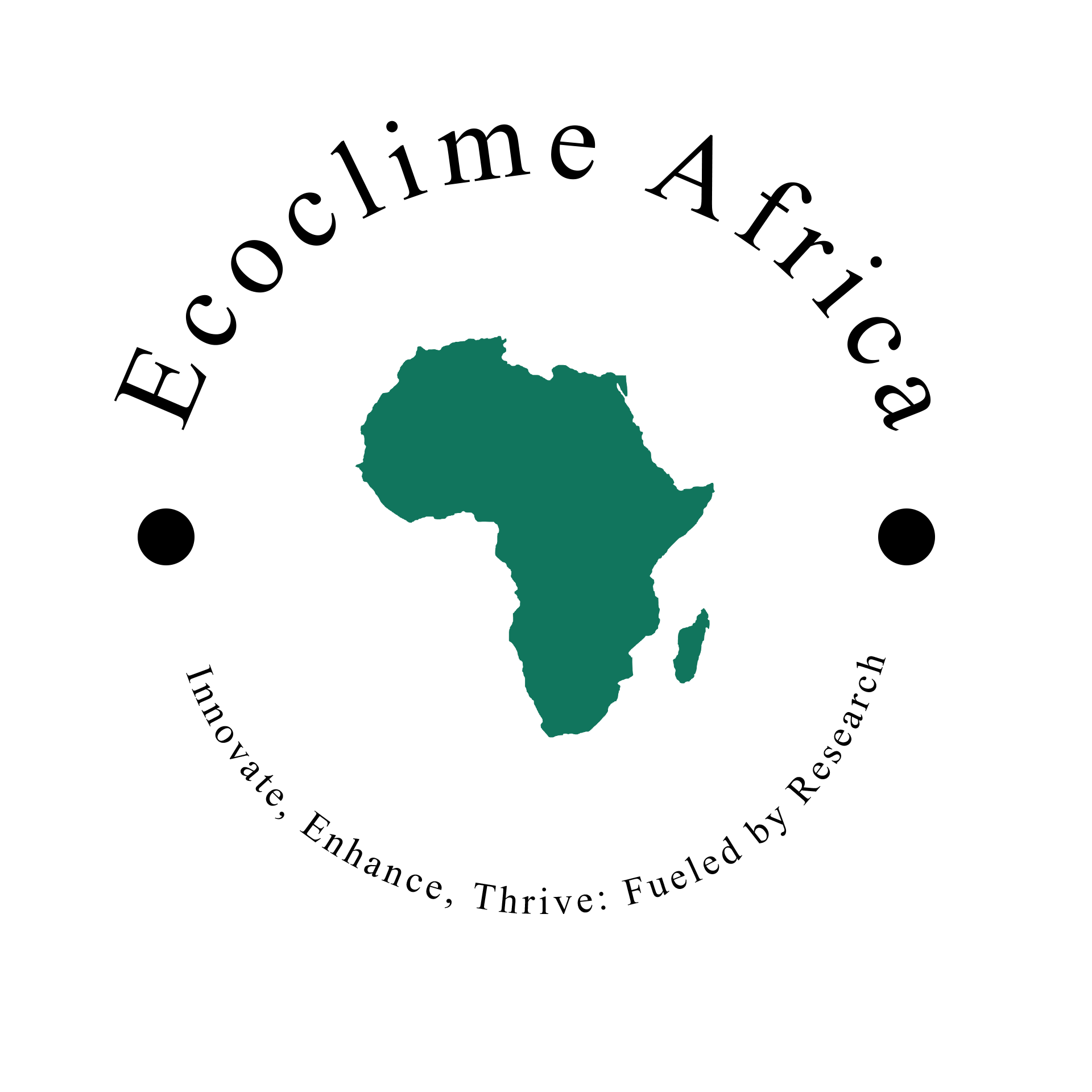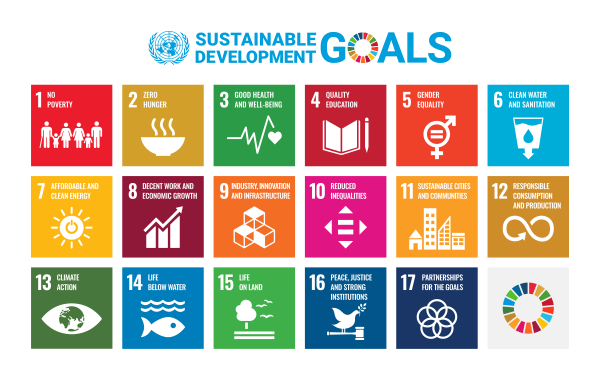

Comparative Analysis of Contemporary and Historical Approaches to Sustainable Development: Lessons from the Past and Strategies for the Future.
The concept of sustainable development has significantly evolved over the years. Initially, it focused on the environmental impacts of human activities but later expanded to include broader considerations. Sustainable development, as defined by the Brundtland Commission, involves meeting present needs without compromising the ability of future generations to meet theirs [2]. Today, sustainability encompasses environmental, economic, and social factors, requiring a clear comprehensive approach to protect the planet while supporting human and economic resources [3].
 |
Figure 1. The 17 Sustainable Development Goals [1].
Importance of Sustainable Development in Africa
Sustainability is critical for Africa due to the continent's vulnerability to climate change, economic instability, and rapid population growth. The overarching goal of sustainable development is to eradicate poverty while preserving the environment, ensuring that future generations can prosper.
To achieve this balance, the United Nations has set 17 (SDGs) (Figure 1), ranging from No Poverty and Zero Hunger to Climate Action and Life on Land [4]. These goals serve as benchmarks for evaluating progress and determining the interventions needed for each country. Sustainable development in Africa also requires responsible resource management and inclusive economic policies, given the region's dependence on natural resources for economic growth.
Challenges in Africa
Africa's pursuit of the Sustainable Development Goals (SDGs) is hindered by a multitude of interrelated challenges, particularly in poverty alleviation, education, gender equality, and environmental sustainability. Despite the goal to eradicate extreme poverty by 2030, projections indicate that approximately 492 million people may still be living in such conditions, exacerbated by persistent inequalities and inadequate access to resources [5]. Education remains a critical issue, with nearly 288 million school-age children out of school, limiting future opportunities and economic growth [6]. Gender disparities further complicate the landscape, as women encounter significant barriers to employment and protection from violence [7]. Environmental degradation, driven by deforestation, bush burning, and pollution, threatens both land and water resources, undermining efforts to achieve SDGs related to life on land and below water [8]. Addressing these interconnected challenges requires comprehensive strategies that promote inclusive growth and sustainable practices across all sectors.
Purpose of the Article
This article aims to compare historical and contemporary approaches to sustainable development in Africa, exploring the strengths and weaknesses of both methods. By examining traditional practices and modern policies, this analysis seeks to uncover lessons that can inform future strategies, with a focus on balancing economic growth, social welfare, environmental sustainability.
Historical Approaches to Sustainable Development
Sustainable development has deep roots in traditional African societies, which practiced sustainable agriculture and resource management long before the modern understanding of sustainability emerged. Communities relied on shifting cultivation and polyculture to maintain soil fertility and protect ecosystems. Water conservation and sustainable hunting methods also contributed to the sustainability of these societies, ensuring that resources were not depleted. However, with post-colonial development policies in the 1960s and 1970s, the focus shifted toward industrialization and urbanization. These efforts prioritized economic growth, often at the expense of environmental sustainability [9]. Large-scale deforestation and resource extraction became widespread as African nations sought to boost their economies. This emphasis on economic development led to long-term environmental degradation, as natural resources were overexploited, and pollution levels increased. Government policies during this period were primarily geared toward transforming primary goods into export products, resulting in the disruption of natural ecosystems [3]. While traditional practices promoted sustainable resource use, the historical approach to sustainable development became skewed toward short-term economic gains. This imbalance has contributed to many of the environmental challenges Africa faces today, including deforestation, rising temperatures, and erratic rainfall patterns [10]. Nevertheless, the integration of indigenous knowledge with modern sustainability practices can provide a valuable framework for future strategies.
Contemporary Approaches to Sustainable Development
In recent years, African governments have recognized the importance of sustainable development and begun adopting more holistic approaches. For example, Rwanda’s Green Growth Strategy and Morocco’s solar energy initiatives represent significant efforts to promote sustainability while driving economic growth. Additionally, the New Partnership for Africa's Development (NEPAD), launched in 2001, underscores the need for peace, security, and good governance as pillars of sustainable development (Economic Commission for Africa, 2016) [11]. NEPAD also emphasizes reforms and investments in key sectors such as agriculture, infrastructure, health, and education. In agriculture, contemporary practices focus on sustainable solutions such as energy-efficient technologies, precision farming, and agroecology. For instance, Nigeria has made significant progress in promoting sustainable farming techniques that enhance food security while reducing environmental impact [12]. Education plays a crucial role in fostering sustainability, with programs aimed at raising awareness about the SDGs and promoting responsible consumption. Renewable energy is another key focus of contemporary sustainability efforts. Many African countries are transitioning to renewable energy sources such as solar, wind, and geothermal. Kenya, for example, has become a leader in renewable energy projects, successfully implementing geothermal and solar power initiatives that provide clean energy and create jobs [3]. This transition is critical for reducing the continent's reliance on fossil fuels and mitigating the impacts of climate change.
Comparative Analysis: Historical vs. Contemporary Approaches
The comparison of historical and contemporary approaches to sustainable development reveals distinct strengths and limitations inherent in each. Traditional African societies excelled in resource conservation through practices that maintained ecological balance, yet these methods were often subsistence-based and not geared towards large-scale economic development [13]. In contrast, contemporary strategies leverage technological innovations, such as solar-powered irrigation and energy-efficient stoves, which offer scalability and efficiency [14]. However, these modern approaches frequently lack the community engagement and holistic perspectives that characterized traditional practices [15]. A hybrid approach that integrates traditional agricultural methods, like shifting cultivation for soil fertility, with modern techniques such as precision farming could enhance sustainability in agriculture [16]. Furthermore, while contemporary renewable energy technologies surpass traditional biomass in efficiency, incorporating indigenous knowledge of resource use can significantly improve the sustainability of energy systems in rural areas. Thus, a balanced integration of both approaches may yield more comprehensive solutions for sustainable development in Africa.
Pioneering Solutions for Future Sustainable Development
The future of sustainable development in Africa lies in merging traditional knowledge with modern technology. Energy-efficient innovations, such as solar irrigation systems and energy-saving stoves, have the potential to revolutionize energy use in rural communities, improving quality of life while reducing environmental impact. Renewable energy solutions such as off-grid solar systems and biogas production will be critical in expanding access to clean energy across the continent. Government incentives and private sector investment will be crucial for scaling these solutions. In agriculture, pioneering techniques like smart farming and vertical agriculture offer promising solutions to land and water scarcity [17]. By reducing the resources needed for food production, these innovations can significantly contribute to sustainable agriculture in Africa. Renewable energy-powered farming technologies can also help reduce the environmental footprint of agriculture.
Conclusion
The comparison of historical and contemporary approaches to sustainable development in Africa highlights the importance of balancing economic growth with environmental protection. Traditional practices provide valuable insights into sustainable resource management, while modern innovations offer scalable solutions to the continent’s challenges. By integrating the wisdom of the past with the advancements of the present, African countries can create sustainable development strategies that are both culturally relevant and economically viable.
Author(s): Esther Aboraa Sika Boateng, Luckman Aborah Yeboah
References
[1] “What are the 17 Sustainable Development Goals (SDGs)?” Accessed: Sep. 28, 2024. [Online]. Available: https://www.myclimate.org/en/information/faq/faq-detail/what-are-the-sustainable-development-goals-sdgs/
[2] M. Brundtland, G. H., Khalid, “Industry: Producing More with Less,” Development and International Economic Co-Operation: Environment, vol. 25, no. 25, pp. 105–118, 1987, Accessed: Sep. 28, 2024. [Online]. Available: https://global.oup.com/academic/product/our-common-future-9780192820808
[3] U. Nations, “Global Sustainable Development Report 2019: The Future is Now - Science for Achieving Sustainable Development,” Oct. 2019, doi: 10.18356/5D04AD97-EN.
[4] N. United, “THE 17 GOALS | Sustainable Development.” Accessed: Sep. 28, 2024. [Online]. Available: https://sdgs.un.org/goals
[5] A. AfDB, “African Development Report 2015 - Growth, Poverty and Inequality Nexus: Overcoming Barriers to Sustainable Development,” African Development Report, Accessed: Sep. 28, 2024. [Online]. Available: https://ideas.repec.org/b/adb/adbade/2342.html
[6] J. Liu, “An Integrated Framework for Achieving Sustainable Development Goals Around the World,” Ecology, Economy and Society–the INSEE Journal, vol. 1, no. 2, pp. 11-17–11 –17, Jul. 2018, doi: 10.37773/EES.V1I2.32.
[7] J. C. Kim and C. H. Watts, “Gaining a foothold: tackling poverty, gender inequality, and HIV in Africa,” BMJ, vol. 331, no. 7519, pp. 769–772, Sep. 2005, doi: 10.1136/BMJ.331.7519.769.
[8] C. C. Anderson, M. Denich, A. Warchold, J. P. Kropp, and P. Pradhan, “A systems model of SDG target influence on the 2030 Agenda for Sustainable Development,” Sustain Sci, vol. 17, no. 4, pp. 1459–1472, Jul. 2022, doi: 10.1007/S11625-021-01040-8/TABLES/1.
[9] “(PDF) Contemporary approaches to sustainable development: Exploring critical innovations in traditional leadership in Ghana.” Accessed: Sep. 28, 2024. [Online]. Available: https://www.researchgate.net/publication/228958209_Contemporary_approaches_to_sustainable_development_Exploring_critical_innovations_in_traditional_leadership_in_Ghana
[10] J. A. Parrotta and M. Agnoletti, “Traditional Forest-Related Knowledge and Climate Change,” pp. 491–533, 2012, doi: 10.1007/978-94-007-2144-9_13.
[11] “Sustainable Development Report on Africa:Managing Land-Based Resources for Sustainable Development – Knowledge Sharing Platform.” Accessed: Sep. 28, 2024. [Online]. Available: https://www.uncclearn.org/resources/library/sustainable-development-report-on-africamanaging-land-based-resources-for-sustainable-development/
[12] I. E. Ahaneku, “Conservation of soil and water resources for combating food crisis in Nigeria,” Scientific Research and Essays, vol. 5, no. 6, pp. 507–513, 2010, [Online]. Available: http://www.academicjournals.org/SRE
[13] “(Open Access) Toward sustainable development: concepts, methods, and policy (1994) | Jeroen C.J.M. van den Bergh | 63 Citations.” Accessed: Sep. 28, 2024. [Online]. Available: https://typeset.io/papers/toward-sustainable-development-concepts-methods-and-policy-4vbgu398dj
[14] “(Open Access) Approaches to Sustainable Development (1997) | R. M. Auty | 37 Citations.” Accessed: Sep. 28, 2024. [Online]. Available https://typeset.io/papers/approaches-to-sustainable-development-7f0po34ous
[15] C. Rammel, B. S. McIntosh, and P. Jeffrey, “(Co)evolutionary approaches to sustainable development,” International Journal of Sustainable Development and World Ecology, vol. 14, no. 1, pp. 1–3, 2007, doi: 10.1080/13504500709469702/ASSET//CMS/ASSET/E5E48D2E-1D05-4324-9E19-46FBBCACA4D1/13504500709469702.FP.PNG.
[16] “(Open Access) Strategies for sustainable development : local agendas for the South (1994) | Michael Redclift | 26 Citations.” Accessed: Sep. 28, 2024. [Online]. Available: https://typeset.io/papers/strategies-for-sustainable-development-local-agendas-for-the-3oig1qsj30
[17] N. Sanginga, “Innovations as key to the green revolution in Africa: Exploring the scientific facts,” Nutr Cycl Agroecosyst, vol. 88, no. 1, pp. 1–2, Jul. 2010, doi: 10.1007/S10705-010-9362-8/METRICS.
Comments
dark website <a href="https://mydarknetmarketlinks.com/ ">deep web markets </a> dark net
1 year agoDear ecoclimeafrica.org owner, Thanks for the well-researched and well-written post!
1 year ago